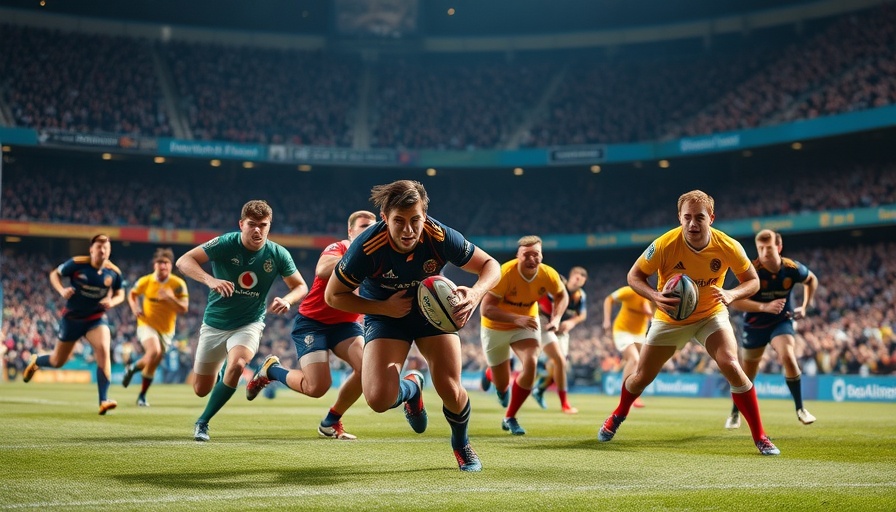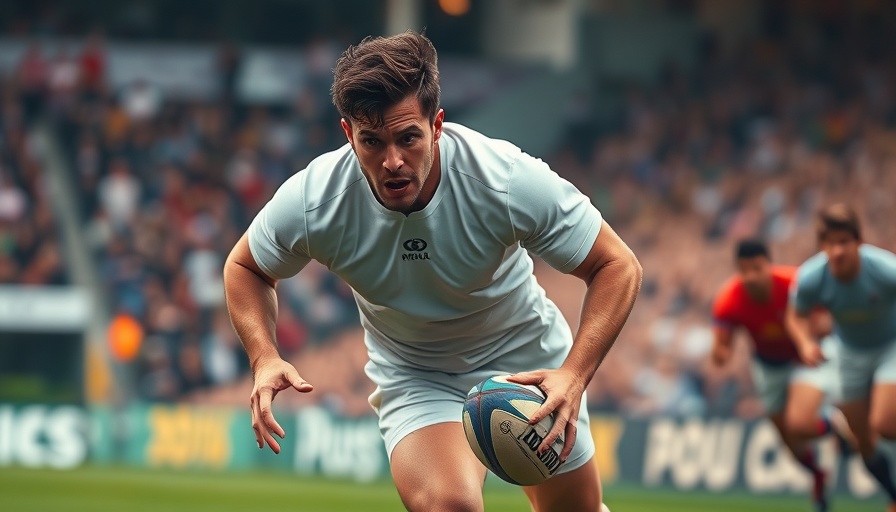
Understanding the Leinster Model for South African Rugby
The recent performances of South African teams in international rugby have raised several questions about the sustainability and effectiveness of their current models. With no local teams qualifying for the prestigious Champions Cup, and underwhelming performances in the Challenge Cup, many are calling for a reevaluation of the systems in place. One prominent model that stands out is the Leinster Rugby system from Ireland, known for its ability to consistently produce high-quality performances at both domestic and international levels.
Why Consistency Matters in Rugby
In sports, consistency can be as valuable as talent. South African rugby is experiencing a paradox where top-tier teams struggle to perform consistently due to an overloaded calendar that demands their best players week in and week out. Unlike their counterparts in the northern hemisphere, South African players do not benefit from an offseason, which leads to fatigue and diminished performances. This lack of downtime doesn’t only impact club performances but also affects the morale and energy levels of the players who are continuously on the grind.
Breaking Down the Leinster Advantage
Leinster’s strength lies in its strategic approach to player development. The club not only invests heavily in identifying talent at grassroots levels but also maintains a robust academy system that nurtures these players. Leo Cullen, Leinster's head coach, recently demonstrated this approach when he opted to leave many key players at home, trusting in his younger talent to deliver competitive performances against seasoned teams. This confidence built in young players allows for a continuous cycle of development that keeps the team performing at a high level.
Lessons for South Africa: Nurturing Young Talent
Springbok coach Rassie Erasmus has long admired the structures in place within Irish rugby. For South Africa, this means rethinking how talent is scouted and developed. By establishing clearer pathways from school rugby to professional ranks, South African rugby can create a new generation of players who are ready for the rigors of international competition. Teams could adopt Leinster's model by prioritizing youth engagement and ensuring that young players are not just given opportunities but are also supported throughout their development.
Potential Changes to the Rugby Calendar
To truly follow the Leinster model, South African rugby may need to consider alterations to its competitive calendar. Currently, the continuous play from January to December leaves players vulnerable to burnout. Proposals for an offseason, similar to those in Europe and Australia, would allow players a much-needed break to recharge. A more manageable schedule could enhance the quality of play, leading to better outcomes in international competitions.
A Bright Future in South African Rugby
While some may see the current state of South African rugby as bleak, there is a glimmer of hope on the horizon. By embracing a model akin to that of Leinster and focusing efforts on player development and health, South African teams could elevate their game significantly. The journey may be challenging, but the pathway to a more consistent rugby performance begins with a commitment to nurturing home-grown talent and rethinking the very structure of the professional rugby calendar.
Every innovation requires a leap of faith, and now is the time for South African rugby to take that leap. By prioritizing a system that values consistent performance over cyclical highs and lows, the future could hold tremendous promise, leading to continued success on the global stage.
As stakeholders in the rugby community, team executives and managers must drive this change. We need to advocate for the importance of youth development and support initiatives that create a more sustainable and supportive environment for our players. Taking a cue from the Leinster model may be the first step toward long-term success for South Africa’s rugby landscape. It's time to invest in the next generation and embrace a system that serves not just today’s champions, but tomorrow’s legends.
 Add Row
Add Row  Add
Add 




Write A Comment